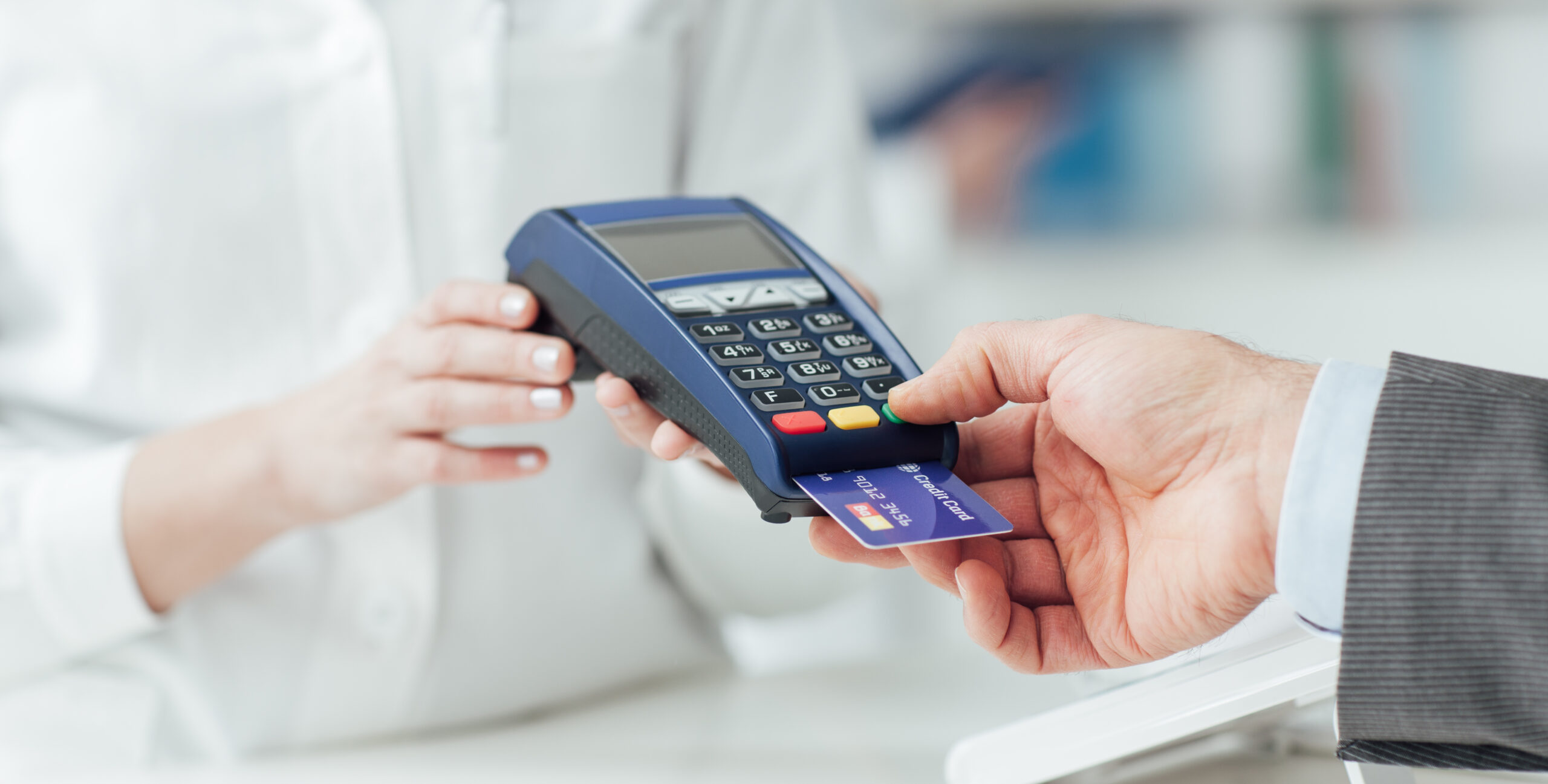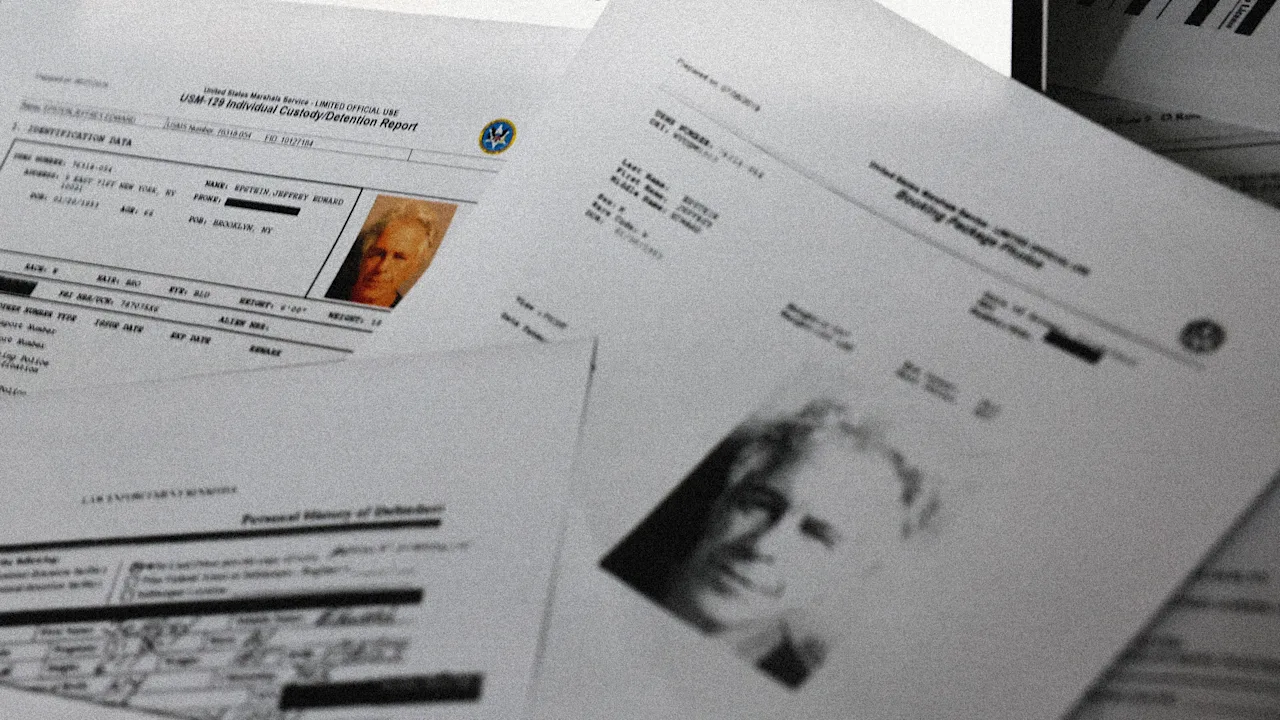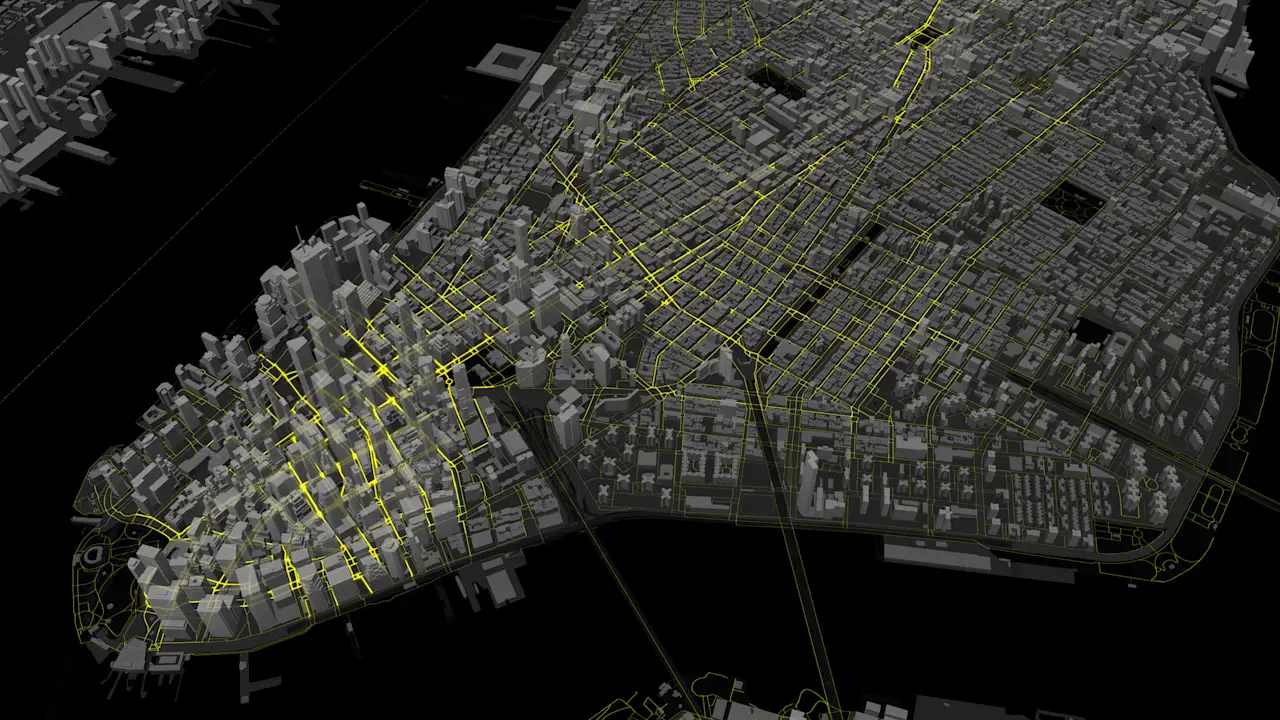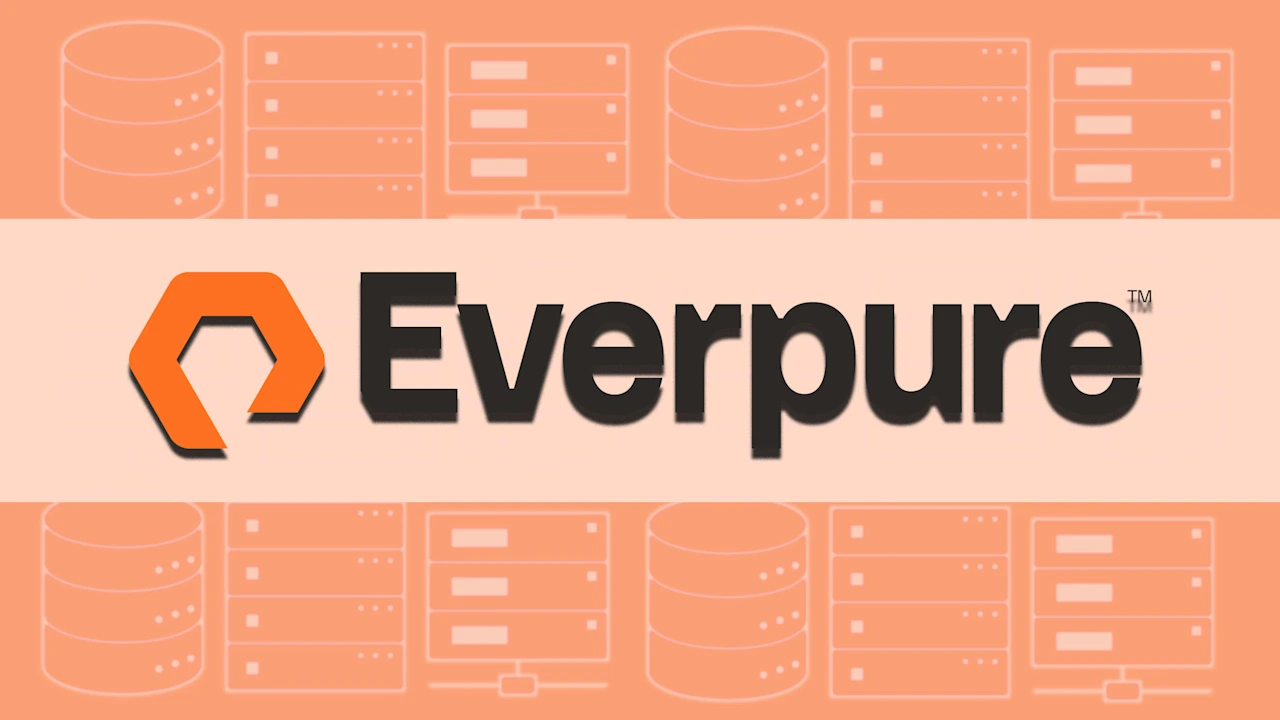What is a PDQ machine and how does it work?

By Nick Ismail on Small Business UK - Advice and Ideas for UK Small Businesses and SMEs


A PDQ (process data quickly) machine is a device used by a merchant that, as the name suggests, quickly processes and approves card transactions.
So what’s the difference between a PDQ and a card payment machine? There isn’t one. PDQ, card machine, chip-and-pin machine – they’re all different names for the same thing – a device that allows you, the merchant, to take card payments from your customer.
But what are the different types of PDQ machine? How does a PDQ machine work? How much does it cost? And where can you buy one?
This page will help you get to the bottom of card payment machines and get you ready to start taking card payments today.
How does a PDQ machine work?
Once a customer has tapped the machine, or inserted their card into the slot and entered their PIN, the machine authorises the payment (provided there are sufficient funds in the customer’s account), and sends the payment to your merchant account.
Once the payment is received from the card-issuing bank, the funds will be transferred to your business bank account.
Types of PDQ machine
There are three types of PDQ machine:
- Countertop – a fixed terminal at the till in a store. Great for shops
- Portable – a unit that’s still tethered to a location but operates using wifi, so can be
- Mobile – a small, portable device that uses mobile data to take card payments on the go
Which type of PDQ machine should I use?
Different types of PDQ machines suit different types of businesses. Though your business may have a variety of card machines in order to have a more comprehensive payments setup.
Countertop
Countertop card payment devices are connected to a base station at a fixed payment point in your store. They rely on your broadband router and mains electricity to work.
Who should use it?
Any business with a fixed point of payment or sales counter, such as a shop or salon.
Pros
- Reliable point of sale that does not need to be charged
- Usually gives you access to the most competitive transaction fees
Cons
- No mobility whatsoever, even within your premises
- Clunky, old-fashioned devices
Portable
Portable card payment machines have a docking station, but are powered by a battery, enabling you to carry them around and take payments from anywhere within your business premises.
Who should use it?
Perfect for a restaurant or cafe, allowing your staff to take tableside payments
Pros
- Far more mobility than a countertop card machine
- More modern, sleek designs
Cons
- Needs to be charged
- Can fail if Wi-Fi signal is poor
Mobile
Mobile card payment machines are the newest breed of devices, relying on mobile data to allow you to take card payments from anywhere, whether you’re in the middle of a field or on a busy street. They’re typically small and compact, and charge flat rate transaction fees without tying you into a contract.
They can be paired with a mobile receipt printer and enhanced with docking stations for a more complete payment point setup, but generally send receipts by email.
Who should use it?
Pop up shops, street food vendors, market traders, and any business on the move
Pros
- Gives you absolute flexibility to take payments from wherever you are
- Sleek and compact designs are both practical and aesthetically pleasing for a small business that wants to project a modern image
Cons
- Can be unreliable if you’re in a place with poor mobile signal, leaving you unable to take card payments
- Usually only available with a flat rate transaction fee
PDQ machine costs
PDQ machines are available to rent or buy from any major payment processing or merchant services provider.
Depending on type, the devices themselves can cost anything from £15 to upwards of £150. Though with countertop and portable devices, it’s most common to rent them for between £15 to £25 a month.
While we’ll be looking at devices, it’s important to understand that PDQ device costs don’t exist in a vacuum. If you’re buying a device from a particular card machine company, you’ll also be using their payment processing services – it’s all one package. That means being subjected to any monthly fees and transaction costs.
These ongoing costs vary from provider to provider, so it’s worth hunting around for a fee structure and pricing model that works for your business.
Let’s compare the costs of some popular PDQ machines.
Square

Type: Mobile
Device cost: From £19 + VAT
Transaction fee: From 1.75%
Square’s PDQ device is one of the most affordable on the market. The Square Reader is £19 + VAT, and transaction rates start from a flat rate of 1.75%. Funds are deposited the next working day and you get access to a free app.
Worldpay

Type: Mobile/Portable
Device cost: From £15 per month
Transaction fee: Custom pricing or Simplicity tariff (1.50% per transaction)
Worldpay uses the powerful and full-featured DX8000 mobile PDQ reader. You can opt for custom pricing if you take more than £75k annually. Otherwise fees start from 1.50% per transaction.
Tide

Type: Mobile/Portable
Device cost: From £159 + VAT
Transaction fee: 0.79% + 3p
At first glance, Tide’s PDQ machines are expensive, with its lowest-price option starting at £159 outright. However, it’s a superb PDQ machine for businesses, and there are regular promotions and alternative ways to pay for the device that make costs more manageable, including a pay monthly and pay-as-you-go model. Transaction fees start from 0.79% + 3p.
takepayments

Types: Mobile/Portable
Device cost: Speak to sales
Transaction fee: Bespoke and based on business turnover
takepayments customises PDQ machine pricing to each business based on its turnover. This allows you to access competitive transaction rates that suit your business model and sales strategy.
SumUp Air

Types: Mobile
Device cost: From £25 + VAT
Transaction fee: 1.69% (pay-as-you-go), 0.99% (on subscription plan)
The SumUp air is a streamlined mobile card reader that costs £34.80 (for your first reader, then £49) with the charging dock, and with a transaction fee of just 0.99 per cent if you subscribe to Payments Plus (or 1.69 per cent for the pay-as-you-go option).
PayPal Reader

Types: Mobile
Device cost: From £29 + VAT
Transaction fee: From 1.75%
The PayPal Reader is a lightweight (130g) and affordable PDQ machine that can be yours for just £29 + VAT (£68 if you want the charging dock as well). Payments are settled in 1-2 business days, and transaction fees start from a reasonable 1.75%.
Buying a PDQ machine
Once you’ve decided which type of PDQ machine best matches your business needs, you’re ready to make a purchase.
With the likes of SumUp or Square, it’s as easy as visiting their website and buying it outright – you can receive your PDQ machine in the post and be ready to go within minutes.
With larger payment processing companies, and countertop or portable devices, you often need to speak to a sales rep to agree on payment terms and establish a contract. These devices can also be more complicated to set up and you’ll be renting rather than buying.
See also: 10 card payment machines ideal for a small business
Find a payment provider today
Simply fill in the free merchant account quote form here and answer a few questions (it takes less than a minute).
Receive free quotes from suppliers that may meet your requirements
The post What is a PDQ machine and how does it work? appeared first on Small Business UK.























































